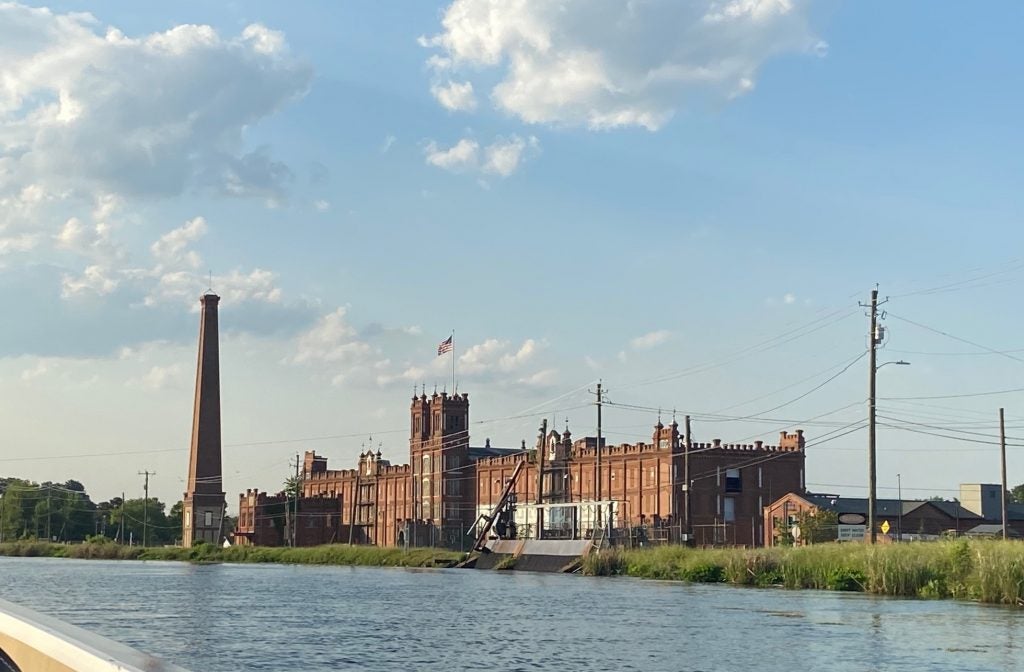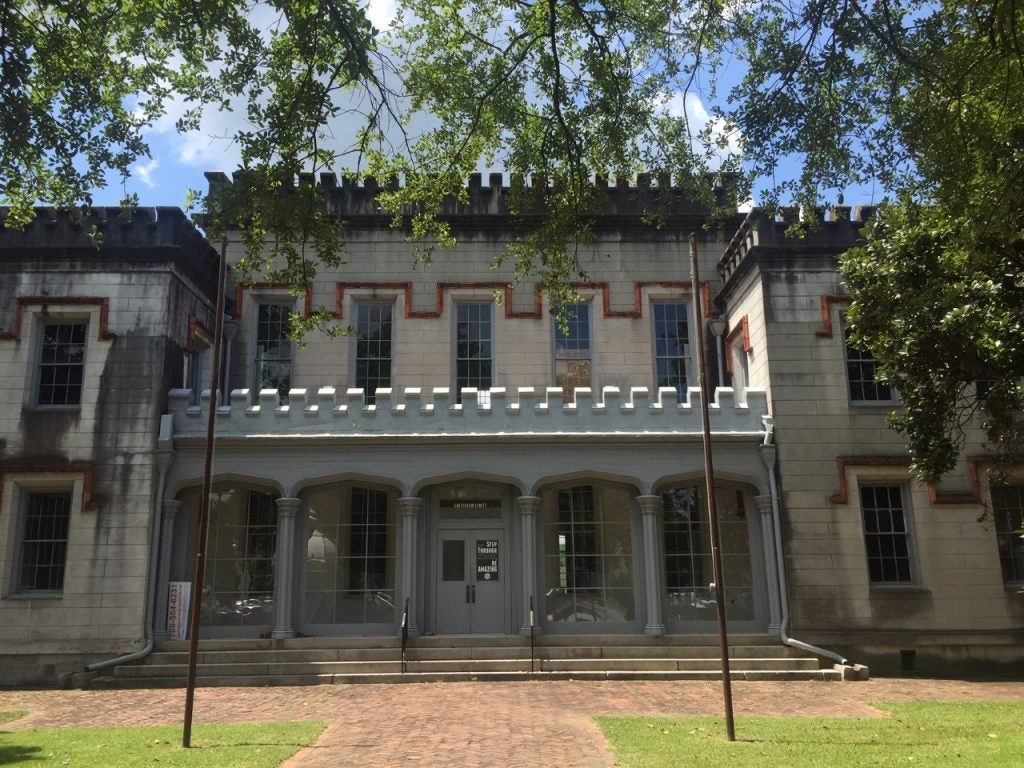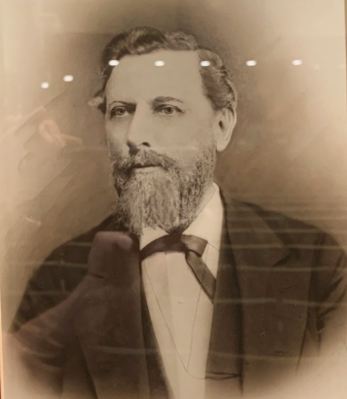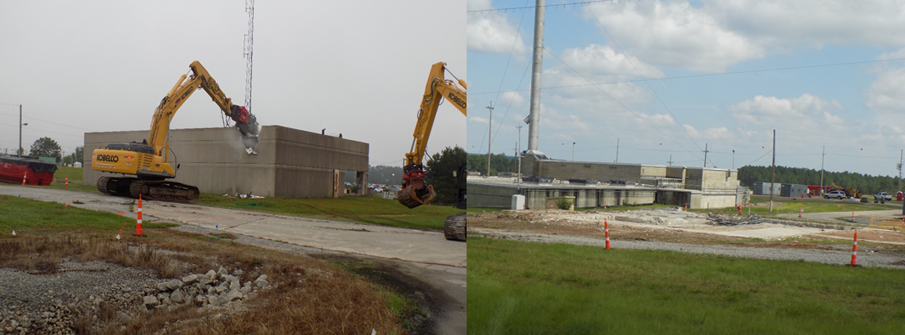During the Civil War, the city of Augusta lived like a schizophrenic person with multiple personalities. The city staunchly backed the Confederacy, but also took on multiple, sometimes seemingly contradictory roles.
Augusta was a city that both manufactured bombs and bullets, but was also the same place that nursed back to health men who were wounded by those bombs and bullets.
One man, Robert H. May, began what would become a long political year, first being elected five times in the five years that war cast a pall over the entire nation.
While May was a busy man in dealing the chaos of a war being fought far away, but also at the city threshold at the same time, he likely should be known more not for the things he did in office, but the one thing that he didn’t do; May was ordered by the governor to adopt a “scorched earth” strategy with the city near the end of the war and he disobeyed those orders and found a clever way to get around the order that most definitely would have seen the city of Augusta burned to the ground.
The war was slow in coming to Augusta, and Robert May was elected mayor in April of 1861, the same month that the Civil War began in earnest.

Those who were gung-ho for war championed the giant Confederate Powderworks facility that, according to the American Society of Arms Collectors, was able to pump out 3.5 tons of war materiel per day.
Volunteers built berms on Raes Creek, the Augusta Canal and the Savannah River to protect the city from an invasion most believed was imminent.
On the one hand, Augusta operated the second largest gunpowder factory in the world. But as the war dragged on, being centrally located, being a stop on the railroad line and being the home of the Medical College of Georgia poised Augusta to become, quite literally, a hospital city.
According to the late Augusta Historian Ed Cashin, in his book, “The Story of Augusta,” at first, a hospital encampment was built at the Lafayette Track and a “way-side hospital” at the South Carolina Railroad Depot on Reynolds Street and those two triage centers worked alongside doctors and nurses at the old City Hospital.
As wounded began arriving by the train car load, both the Phoenix and Eagle hotels, as well as the MCG building and the old Academy of Richmond County next door, were pressed into service.

Later, the Presbyterian and Catholic churches downtown removed the pews from their sanctuaries so that those spaces could be used by wounded soldiers.
According to Cashin, at one point refugees and wounded soldiers outnumbered native Augustans.
While there hasn’t been a lot written about May’s administration during the war, letters of the period indicate he was a very “hands on” mayor, intent on not letting the chaotic situation turn deadly.
May was praised in The Augusta Chronicle newspaper for visiting the makeshift hospitals almost on a daily basis.
It appears that May’s wife, Josephine, got into the act by forming the “Ladies Gunboat Association,” a group that was devoted to raising funds to build gunboats to protect Augusta from an attack by riverboat. Later, the group changed its name to the Ladies Volunteer Aid Association.
May’s decisive leadership made him somewhat of a celebrity in Confederate circles. The visits of President Jefferson Davis, along with Gen. Robert E. Lee, Gen. P.G.T. Beauregard and Vice President Alexander Stephens became great propaganda opportunities for Davis until it became clear the Confederacy was losing and newspaper editors stopped covering their publicity grabs.
According to Cashin, Augusta’s defenses were somewhat tested in November of 1861 when Union forces landed at Hilton Head and Tybee Island, but fears of an invasion coming from the coast never materialized.
Company B of the Oglethorpe Infantry had left their posts in Augusta to defend Savannah. Col. George Washington Rains, director of the Powderworks, tried in vain to get men to defend Shell Bluff. No one wanted to take on such an endeavor. This rattled the leadership in Atlanta and it appears that Gov. Joseph Brown lost faith in the men charged with defending Augusta.
Cashin writes that later in the war, when it looked like Union forces were going to come up-river and attack Augusta, Brown ordered May to burn the cotton stocks being stored in Augusta.
Due to the fact that the railroads were almost totally destroyed, Augusta was sitting on five times the normal amount of cotton and setting it on fire would have been signing a death warrant for the city of Augusta.
According to Cashin, May acted swiftly, penning an open letter asking the citizens to help move the cotton outside the city limits to avoid burning down the city.
An entire year went by with Augusta on edge, but ultimately that expected siege never materialized. Over time, this story has been disputed with some historians stating that Brown’s orders have been misinterpreted.
After the war, May would be called up again and he again served as mayor from 1879 to 1891 and he is credited with helping foster the burgeoning tourist trade with wealthy Northerners calling Augusta home away from home each winter at the turn of the Twentieth Century.
…And that is something you may not have known.
Scott Hudson is the Senior Investigative Reporter, Editorial Page Editor and weekly columnist for The Augusta Press. Reach him at scott@theaugustapress.com












